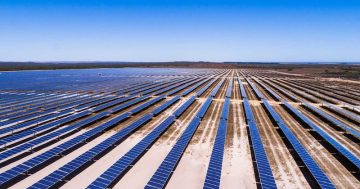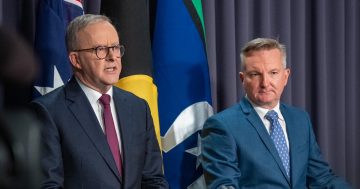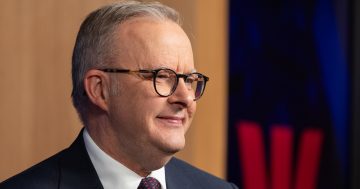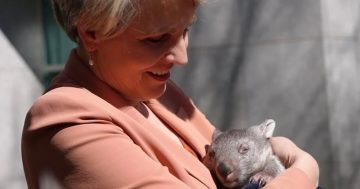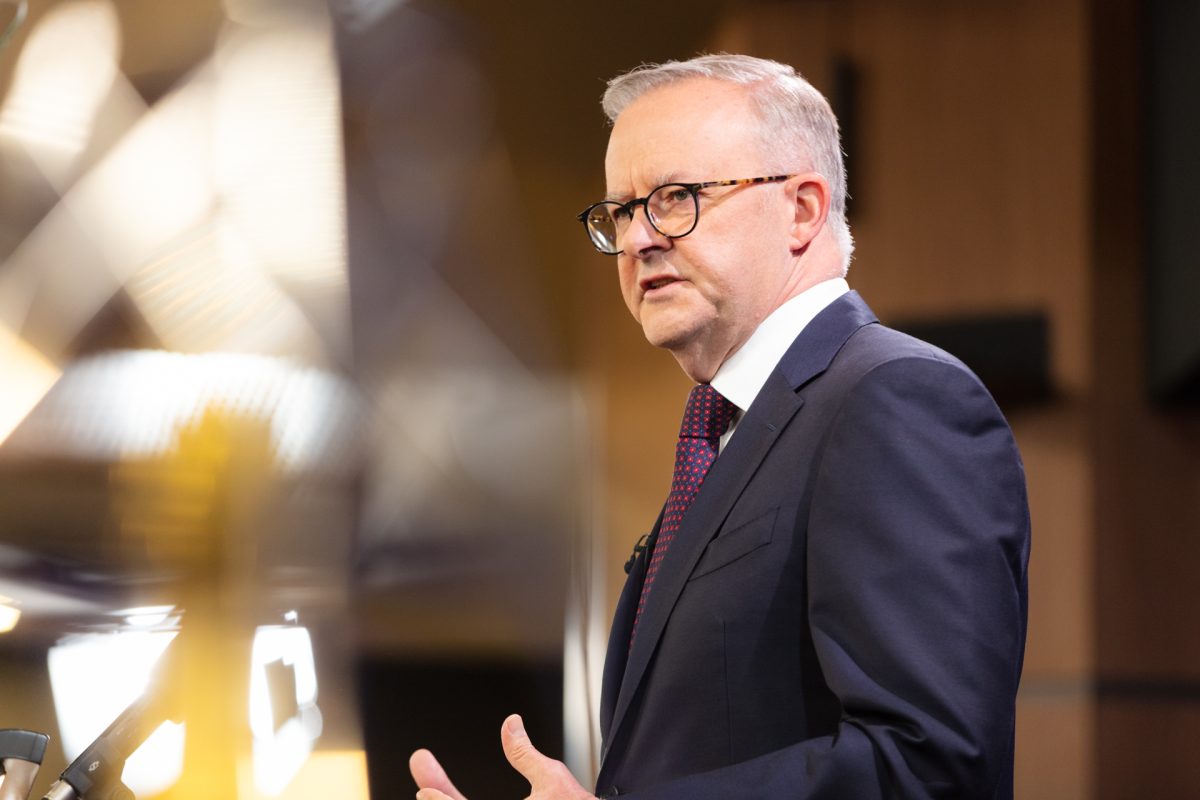
Prime Minister Anthony Albanese says the Future Made in Australia legislation will keep the nation competitive and achieve net zero emissions. Photo: Michelle Kroll.
The Federal Government’s Future Made in Australia legislation is having a rough passage through parliament, with the Coalition set to oppose it and the Greens reserving their position.
Debate continued this week with Prime Minister Anthony Albanese telling the parliament that his strategy to spend $22.7 billion over a decade to safeguard Australia’s control over its resources and manufacturing sectors would spark investment domestically and internationally.
A large part of the commitment is to invest in emerging industries, in particular the renewable energy sector, to help guide Australia to its net zero goal.
“At the heart of this Bill are objectives that are at the very heart of the government that I’m proud to lead,” the Prime Minister said when speaking on the legislation.
“Making more things here in Australia. Making our nation a renewable energy superpower. Making our economy more resilient and more secure.
“Making it easier for companies to invest in new projects and create new jobs, particularly in regional Australia.
“Making the most of our natural resources and making the most of our people’s potential. And making sure that we seize those opportunities and share them with people and communities in every part of our nation.”
The PM said the plan was not about government replacing private investment, but rather about government being a catalyst for investment.
He said it would unlock private capital to build new projects, create new jobs and drive growth and prosperity, in a way that better aligned national security with economic security.
“Just as the US, UK, Republic of Korea, Japan, Canada and so many nations around the world are doing – safeguarding themselves against the next global shock – whether it’s conflict, a pandemic, a cyber-attack or another international energy crisis,” he said.
“This Bill recognises the global economic reality. The investments other advanced economies are making in their industrial base.
“The commitment that 92 per cent of the world economy has made to net zero, including 97 per cent of Australia’s trading partners.
“In order to reach their goal, these countries will need more clean energy, more solar power, more wind power, more batteries and storage, and more of the resources, critical minerals and rare earths that all this technology depends on.
“In other words, the world needs what Australia has. That presents our nation with a choice that will define the future of our economy.
“We can choose to carry on as we are, to stay in our lane and be satisfied with our lot and watch the world move past us. Or we can actually move forward.”
Shadow treasurer Angus Taylor, however, described the PM’s idea as nothing more than pork barrelling.
“The more we learn about this plan, the more it simply doesn’t stack up,” Mr Taylor said.
“It’s a plan for more government, not more business investment. It’s a plan for more inflation at a time when Labor is already making its homegrown inflation worse.”
Greens leader Adam Bandt also described the Bill as Labor’s election slush fund.
“There’s nothing in this legislation that rules out public money going to more coal and gas or to the infrastructure that supports it,” Mr Bandt said.
He wants the government to guarantee safeguards in the legislation to ensure the scheme won’t finance fossil fuel projects.
Outside of the parliamentary debate, the government has found support from the Clean Energy Council.
Chief executive Kane Thornton described the Future Made in Australia agenda as essential to securing Australia’s “economic future, competitiveness and longevity of local jobs” and urged all parliamentarians to support it.
“Australia’s abundant renewable energy and mineral wealth offer clear and compelling advantages for Australia to massively grow energy-intensive industries and domestic manufacturing in strategic sectors including renewable fuels and green metals, as part of globally integrated supply chains,” he said.
“But these industries will not develop here in Australia in the absence of a strong vision, plan and government support.
“Australia risks missing out on the global green wave of investment if we do not signal strongly now to the world that we intend to take our rightful place as a clean energy superpower…
“A failure to support this agenda not only means that we will miss out on massive new growth opportunities, but Australia will be at risk of losing existing industries which will find it more attractive to grow their businesses in other regions with internationally competitive investment conditions.
“The Federal Parliament has a historic opportunity to help build Australia’s long-term economic prosperity for a net zero emissions world. We urge MPs and senators not to let this opportunity slip through our hands.”













